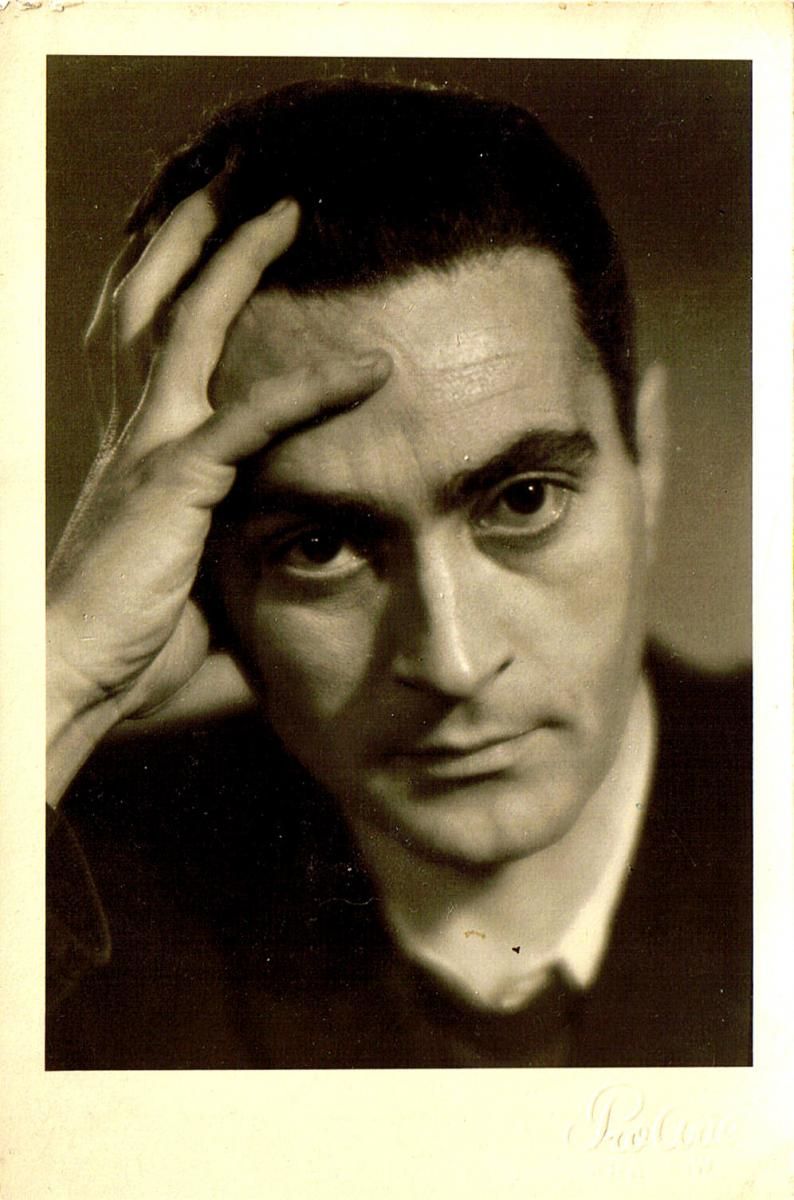Zdzisław Nardelli
Mediathek Sorted
![His debut as poet His debut as poet - „Świt na nowo” [Daybreak Anew], tomik poezji [volume of poetry], editor, F. Hoesick. Warsaw 1938, and poem entitled “Wyjazd” [Departure].](/sites/default/files/styles/width_100_tiles/public/assets/images/1._nardelli_swit_okladka_0.jpg?itok=XtuveBzH)
![Stalag VIII C in Sagan Stalag VIII C in Sagan - Reprint from the folder: Muzeum Obozów Jenieckich [Prisoner of War Camp Museum]. Stalag VIII C. Stalag Luft 3, edited by Muzeum Obozów Jenieckich, Żagań [Sagan] 2014.](/sites/default/files/styles/width_100_tiles/public/assets/images/2._zagan_folder.jpg?itok=rMCH1RCU)
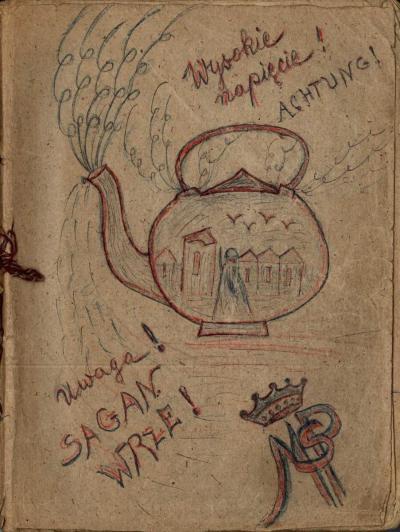
![Page with the triangular censor seal ‘tested’ of Stalag VIII C in Sagan Page with the triangular censor seal ‘tested’ of Stalag VIII C in Sagan - ‘Oczko we mgle...’ [A Tiny Eye in the Fog], in: ‘Szopka Sagańska’.](/sites/default/files/styles/width_100_tiles/public/assets/images/4._szopka_saganska.jpg?itok=EzGpZ0FL)
![Caricature of Zdzisław Nardelli Caricature of Zdzisław Nardelli - In: “Szopka Sagańskiej” [Sagan Nativity Play].](/sites/default/files/styles/width_100_tiles/public/assets/images/5._nardelli_karykatura.jpg?itok=koe6bqgv)
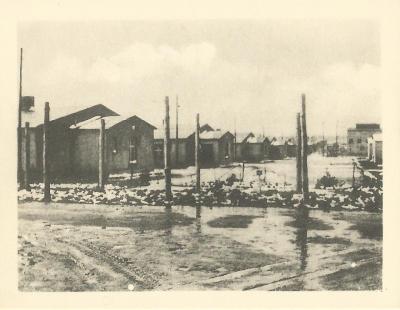
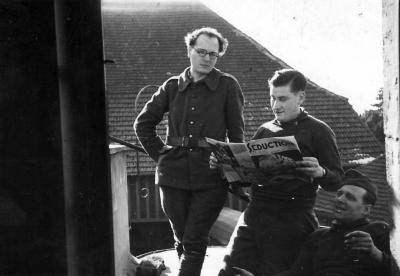
![‘Wieczór polski’ [Polish Evening] in Stalag VIII A in Görlitz ‘Wieczór polski’ [Polish Evening] in Stalag VIII A in Görlitz - The programme of the Polish Evening (cover), created by Bohdan Samulski.](/sites/default/files/styles/width_100_tiles/public/assets/images/8._wieczor_polski_1940_program_s._1-4_600dpj.jpg?itok=ZrxNTYFw)
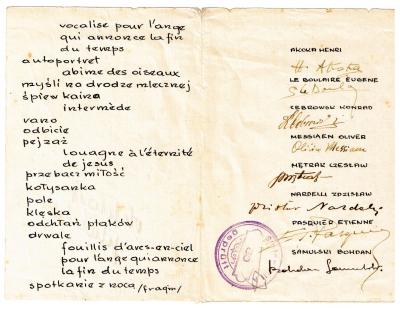

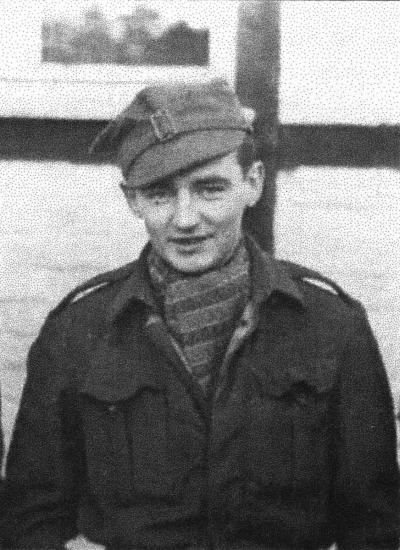
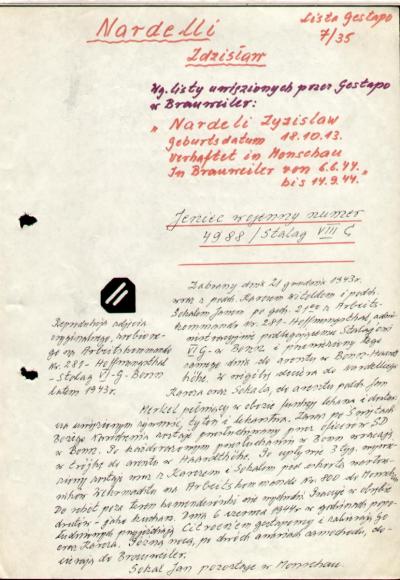
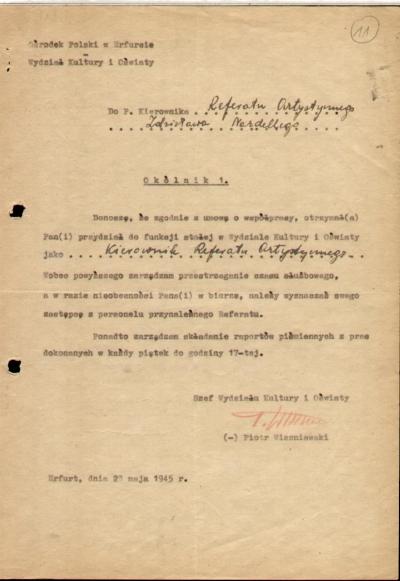
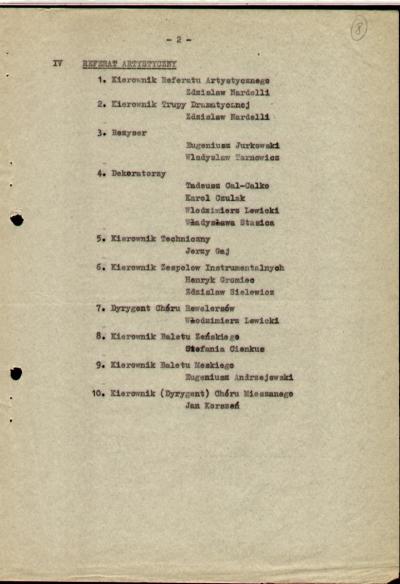
![Zdzisław Nardelli in the film by Antoni Bohdziewicz “Za wami pójdą inni…” [Others will be following you] Zdzisław Nardelli in the film by Antoni Bohdziewicz “Za wami pójdą inni…” [Others will be following you] - The only existing film reel in the FN..](/sites/default/files/styles/width_100_tiles/public/assets/images/15._z._nardelli_w_filmie.jpg?itok=HiQspfto)
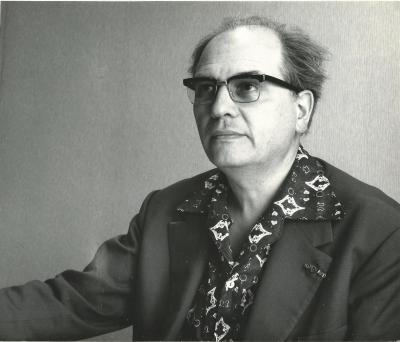
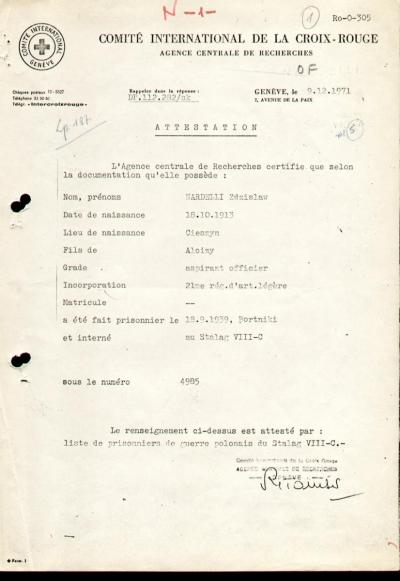
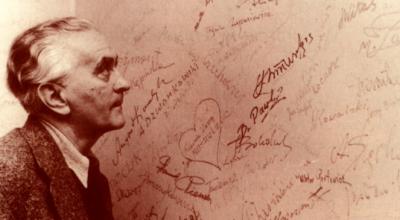
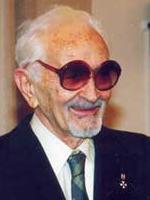
![“Pasztet z ojczyzny” [A Pie from the Homeland] “Pasztet z ojczyzny” [A Pie from the Homeland] - Cover.](/sites/default/files/styles/width_100_tiles/public/assets/images/20._nardelli_pasztet_okladka.jpg?itok=awWM9OsG)
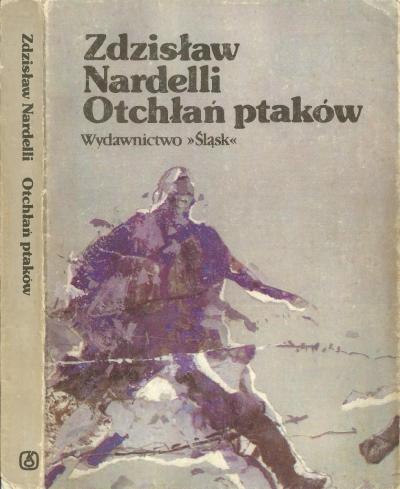
![Dedication written Zdzisław Nardelli for Jerzy Stankiewicz Dedication written Zdzisław Nardelli for Jerzy Stankiewicz - In a copy of “Otchłań ptaków” [The Birds’ Hell].](/sites/default/files/styles/width_100_tiles/public/assets/images/22._nardelli_1989_dedykacja.jpg?itok=LszHQZ-E)
![“Płaskorzeźby dyletanta” [The Bas-Relief of a Dilettante] “Płaskorzeźby dyletanta” [The Bas-Relief of a Dilettante] - Cover.](/sites/default/files/styles/width_100_tiles/public/assets/images/23._nardelli_plaskorzezby_okladka.jpg?itok=O3spRHrT)
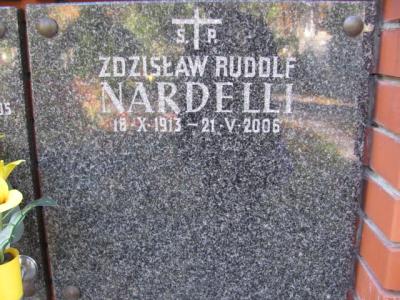
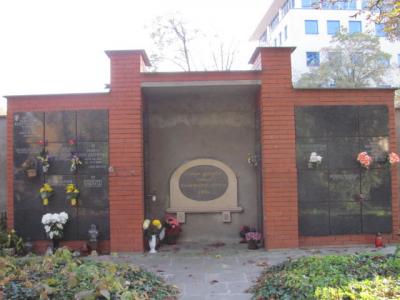

Another prisoner from the area of Nowogródek also remembers this “Polish Evening”: “[Besides concerts] several authors also declaimed poems; these included our comrade Zdzisław Nardelli (currently the head of the radio station in Kraków) who recited his own very beautiful poems. That said, it was very difficult to get hold of books, especially Polish books. By contrast the French had a whole lot of books and for this reason I often used their library.”
The organisation of the “Polish Evening” in the Görlitz Stalag was proof that it was possible to perform the works composed by Messiaen in the camp in a masterly manner. The German officers responsible for administrating the camp led by Colonel Alois Bielas exploited this fact and one month later they organised a pompous, official premiere of Messiaen’s composition. But this time only the French POWs were ordered to show up in the theatre barracks on Wednesday 15. January 1941. This was not the usual day for concerts and cultural events. At dusk the prisoners marched in columns back to the camp direct from their heavy labour. Around 400 French and a few Belgian prisoners managed to gather in the theatre barracks. By contrast the Poles were ignored. Indeed they were not even informed that the concert was to take place. This explains why neither Nardelli, the organiser of the Polish/French evening of poetry and music, nor the Polish detainees were present at the official premiere of the Quartet. Two weeks after the concert on 29 January 1941, all the Poles in the camp in Görlitz were transferred nearer to the centre of Germany.
The world premiere of the Quartet for the End of Time made a deep impression on its listeners despite their difficulty in perceiving such surprisingly new “classical” music. The critic of the French camp paper “Le Lumignon“ spoke straight away of the birth of a masterpiece created in prison, thereby creating the basis for the fame and honour which Messiaen’s work has enjoyed to the present day. For decades the composer maintained a public silence on his experiences in prison in Silesia. Towards the end of his life he admitted: “Despite the terrible circumstances we played my composition, but I do not know whether the audience understood it because it was not composed of music connoisseurs but of unhappy people. People like us. The audience were gripped because they were unhappy and we (the musicians) were equally unhappy, and the work had been composed by a fellow prisoner. For me it was certainly the finest concert in my life.”
All the Polish prisoners, including Nardelli, were taken from the Stalag in Görlitz before Messiaen and the cellist Pasquier were freed. The two French musicians were set free because they had been unarmed soldiers. An additional argument for this was also Messiaen’s initial service as a medical worker. They returned home on a transport on 16. February 1941. After his return, Messiaen struggled to establish his existence in France’s new, pro-fascist Vichy regime under Marshal Pétain. Due to a lucky chance and the support of the famous professor and organist M. Dupré he took over the post of a lecturer at the Paris Conservatory from a retiring member of staff. This was the beginning of Messiaen’s brilliant career as a lecturer and teacher of three generations of European and international composers. Above all this stability gave him the chance to further his own artistic creations and advance his career as an outstanding composer. Now he was to follow his own path in the 20th century. His major work is considered to be the opera Saint Francis of Assisi; this was also received enthusiastically by audiences in Katowice and Warsaw.





















































































